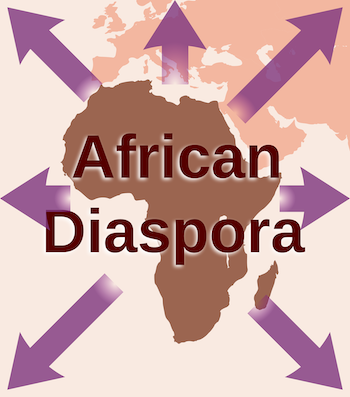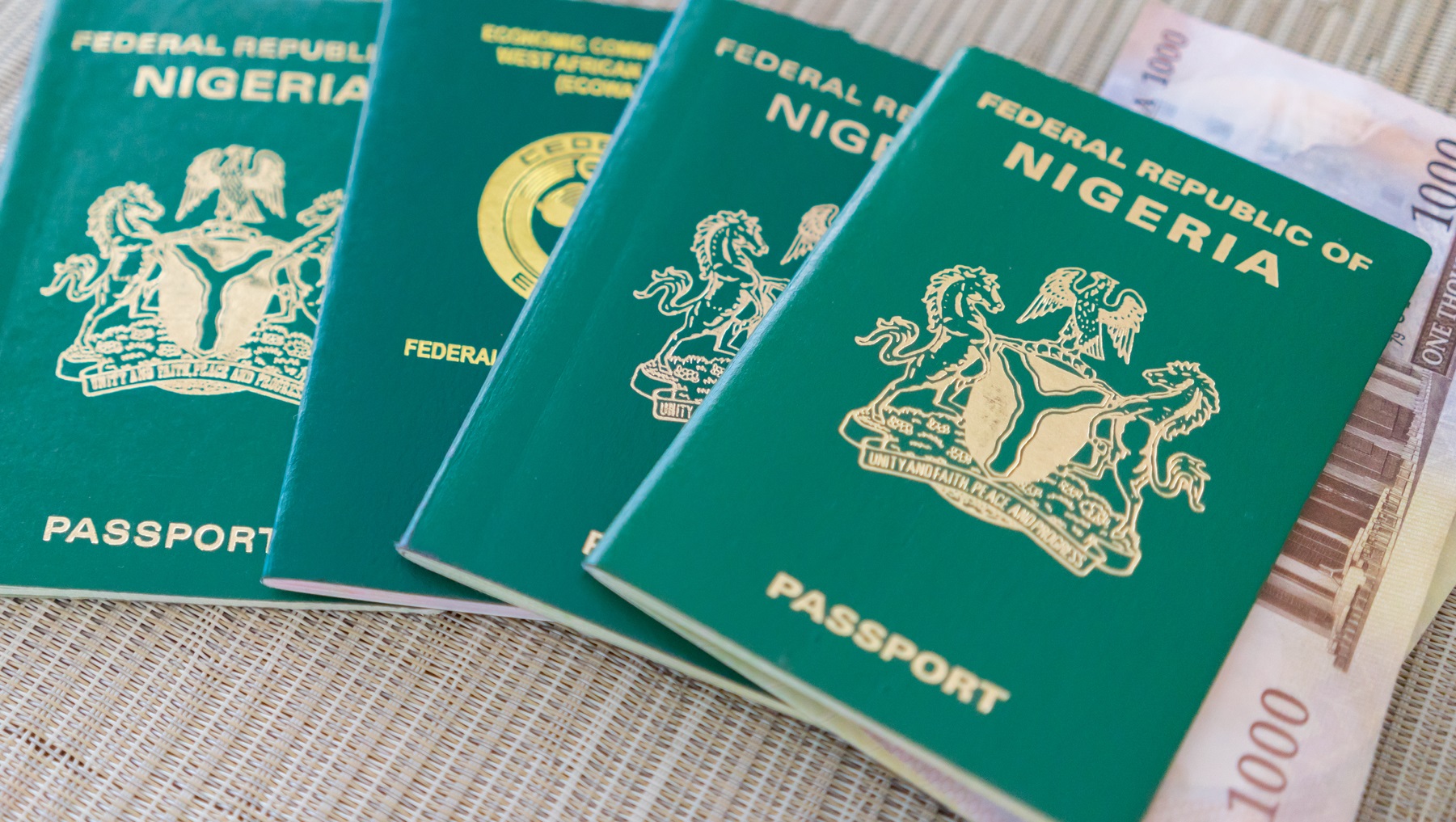U20 World Cup Heartbreak: Nigeria's Flying Eagles Humiliated by Argentina 4-0

Nigeria's aspirations at the 2025 FIFA U20 World Cup were dashed in a crushing 4-0 defeat to Argentina in the Round of 16, played in Santiago, Chile. The match on Wednesday night unequivocally exposed a significant disparity in class between the two sides, with Argentina demonstrating sharp, ruthless execution against a disjointed and error-prone Nigerian Flying Eagles squad. Despite showing flickers of promise in earlier group-stage encounters—which included a narrow 1-0 loss to Norway, a thrilling 3-2 victory over Saudi Arabia, and a crucial late strike for a draw against Colombia to secure progression—Aliyu Zubairu’s men were thoroughly outplayed by an Argentine team that moved the ball with superior pace, structure, and confidence.
The match saw Argentina assert dominance from the outset, with Bayer Leverkusen's Alejo Sarco breaking the deadlock just after one minute, capitalizing on an error from Nigeria's goalkeeper, Ebenezer Harcourt. Approximately 20 minutes later, Maher Carrizo extended Argentina's lead with a well-placed free-kick. Carrizo further solidified their advantage in the 53rd minute, before Inter Miami's Mateo Silvetti sealed the humiliating 4-0 scoreline off a deadly counterattack four minutes past the hour mark. This outcome was particularly poignant given Nigeria had famously knocked out the Albiceleste at the same stage in the previous edition two years prior.
Several critical factors contributed to Nigeria's downfall, beginning with the struggles of goalkeeper Ebenezer Harcourt. Touted as one of Nigeria’s brightest prospects after his breakout performance at the U20 AFCON in Morocco, which even earned him a senior national team call-up, Harcourt endured a nightmare outing. He conceded four goals, with at least three stemming from situations where he could have performed better, including questionable positioning for Carrizo’s free-kick and uncertain communication with his defenders. Despite the brutal experience, the 15-year-old remains a prodigious talent, and this match is seen as a defining, albeit harsh, moment in his development.
Another significant setback was the keenly felt absence of winger Sani Suleiman. His dynamic pace and flair had terrorized defenses in the group stages, but two yellow cards in earlier matches against Saudi Arabia and Colombia ruled him out of this crucial tie. His replacement, Achihi Oseer, struggled to replicate Suleiman’s impact, lacking end product down the left flank. Consequently, Argentina’s right-back, widely considered a potential weak link, went largely untested. Suleiman's ability to stretch play and deliver dangerous crosses was sorely missed, impacting both Nigeria’s tactical approach and psychological resolve.
Lapses in concentration proved costly, particularly at the start of both halves. The Flying Eagles conceded their first goal just 90 seconds into the match due to a momentary switch-off during a routine Argentine attack. Equally frustrating was the third goal, scored barely eight minutes after the restart, when Carrizo exploited another defensive lapse. These early setbacks completely derailed Nigeria’s game plan, forcing them to chase a match that was already slipping away, underscoring their inexperience at this elite level.
Adding to Nigeria’s frustrations was a controversial refereeing performance by Italian referee Maurizio Mariani. His appointment for a Nigeria–Argentina clash raised eyebrows due to deep footballing and cultural ties between Italy and Argentina, leading to an unavoidable perception of bias. Mariani’s decisions fueled this tension; he awarded Argentina a free-kick, from which Carrizo scored their second goal, after the ball appeared to have already gone out of play. Later, Nigeria was denied what seemed like a clear penalty after two successive fouls inside the box, even following a VAR check. While Nigeria's defensive frailties were their own undoing, the officiating compounded their sense of injustice.
Coach Aliyu Zubairu’s tactics and team selection also came under intense scrutiny. The team’s shape, particularly in transition, lacked coherence, with the midfield offering insufficient protection to an already shaky backline, and the attack appearing disconnected from the build-up. Despite months of preparation, the Flying Eagles conceded in every game and failed to keep a clean sheet throughout the tournament. Against elite opposition, defensive discipline and tactical clarity are non-negotiable, yet both were conspicuously absent. Although Nigeria recorded more shots and corners than Argentina, these statistics masked deeper issues related to decision-making, structure, and composure under pressure, highlighting a widening gulf between Nigeria and top youth football nations.
While the defeat was comprehensive, it wasn't entirely without a few brief passages where the Flying Eagles pressed high and showed attacking ambition. However, the overarching lesson is the urgent need for a structural rethinking of Nigeria’s U20 setup, shifting focus from short-term results to long-term player development. This tournament starkly exposed a lack of technical depth, tactical intelligence, and mental maturity required to compete consistently on the world stage. The silver lining lies in the potential of several young players, including Harcourt, Suleiman, Tahir Maigana, and captain Daniel Bameyi, who have many years ahead to grow. The challenge now is to ensure their development occurs within the right environment, supported by proper guidance and exposure.
You may also like...
When Newspapers Were Morning Prayers

Once upon a time, newspapers weren't just read, they were revered. This nostalgic reflection shows how Africa's morning ...
The Politics of Home: Can The African Diaspora Participate In Africa Governance?

Can Africans in the diaspora truly shape the politics of the nations they left behind? This piece questions the legitima...
Maybe Marriage Isn’t for Everyone, and That’s Okay

Across Africa, young people are challenging the age-old belief that everyone must marry to be fulfilled. It’s not rebell...
When Hospitality Crosses the Line: Rethinking an Ancient African Tradition

An in-depth exploration of okujepisa omukazendu, a West African Himba custom where hospitality extends to sharing one’s ...
Xania Monet: Is the AI Artist the Future of Music or a Threat to Human Creativity?

Xania Monet is an AI-generated musical artist with lyrics by Telisha “Nikki” Jones. But is her music the future—or a thr...
If Everyone Wants to Leave Nigeria, Who Will Stay to Fix It?

With Nigeria's brightest minds leaving daily, the country risks loosing its future. who will remain to rebuild
U20 World Cup Heartbreak: Nigeria's Flying Eagles Humiliated by Argentina 4-0

Nigeria's U20 World Cup journey ended abruptly with a heavy 4-0 defeat to Argentina in the Round of 16, highlighting a s...
Aziz Ansari's Saudi Comedy Gig Sparks Fierce Debate: Kimmel Grills, Burr Roasts Critics

The Riyadh Comedy Festival ignited a major debate in the comedy community, as prominent American comedians performed in ...
)